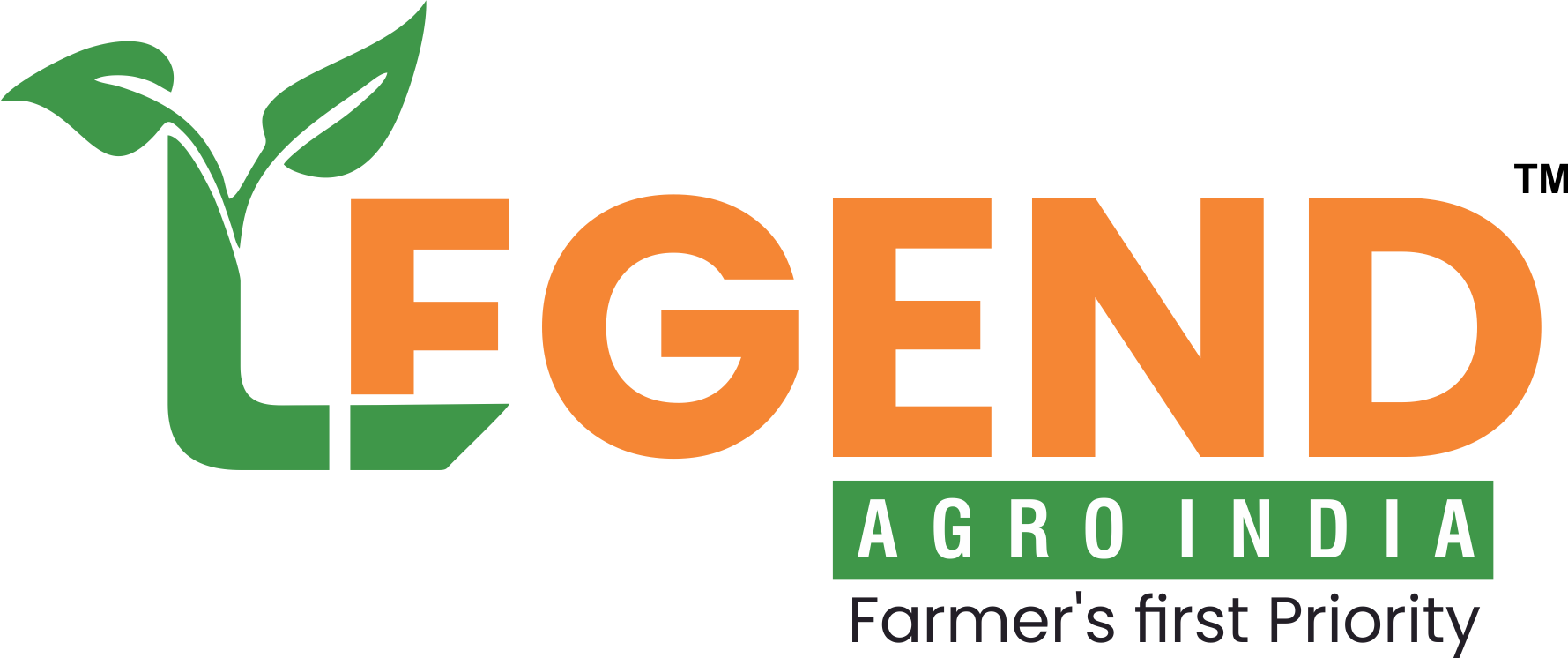Mobile : (+91)-832-062-9184 || Email : [email protected]
Browse Categories
- Phosphoric Acid 85%The salts from the drip clean the corrosive green bacteria. Phosphorus deficiency in the soil is high so the production increases with the use of phosphoric acid. Improves saline soil and highly saline water and increases soil fertility to produce more. Since phosphorus is an important fertilizer, the use of phosphoric acid improves production and quality by removing this deficiency.
- FertilizerFertilizer is a substance or mixture of substances that is added to soil or plants to provide essential nutrients that promote plant growth and development. Fertilizers are commonly used in agriculture, horticulture, and gardening to improve crop yields, enhance plant health, and promote the growth of ornamental plants.
- Products
- Bio PesticidesBio pesticides are a type of pesticide derived from natural sources, such as plants, bacteria, fungi, and other organisms. These products are used in agriculture and other industries to control pests, diseases, and weeds while minimizing the negative impact on the environment and human health. Bio pesticides work by targeting specific pests or disrupting their physiological processes, and they can be used alone or in combination with other pest control methods. Compared to conventional pesticides, bio pesticides are generally considered to be safer and more sustainable, with lower toxicity and lower risk of resistance development. However, they may have some limitations, such as narrower spectrum of activity and variable efficacy. Popular bio pesticides include Bacillus thuringiensis (Bt), neem oil, and pyrethrins. Proper use and application of bio pesticides are essential for maximizing their efficacy and minimizing their impact on non-target organisms.
- PGRPlant Growth Regulators (PGR) are chemical substances that are used to regulate the growth and development of plants. These products can be naturally occurring or synthetic, and they are used in agriculture, horticulture, and forestry to improve crop yields, overcome environmental stresses, and enhance the overall quality of crops. PGRs work by interacting with plant hormones or by mimicking their effects, and they can affect different aspects of plant growth, such as cell division, elongation, and differentiation. Proper use of PGRs can result in more vigorous growth, improved root development, increased fruit set, and delayed senescence. However, it is important to use these products according to label instructions and in a manner that is safe for both the plant and the environment.
- Sticker & SpreaderA spreader, in the context of agriculture or horticulture, is a tool or product that is used to distribute materials evenly over a specified area. Spreaders are commonly used for applying fertilizers, herbicides, pesticides, seeds, and other materials to lawns, gardens, and farm fields.
- Flowering StimulantA flowering stimulant is a type of plant growth regulator that is designed to enhance and accelerate the flowering process in plants. Flowering stimulants are often used in agriculture, horticulture, and gardening to promote earlier and more abundant flower production, which can lead to increased yields, improved aesthetics, and better plant health.
- PGR LiquidPlant Growth Regulator (PGR) liquid refers to a type of solution that contains specific chemicals or compounds that can help regulate and enhance plant growth and development. PGR liquids are commonly used in agriculture, horticulture, and landscaping to promote desired plant traits, such as increased branching, improved root growth, and enhanced fruit or flower production.
- Water Insoluble Bio-FertilizerWater insoluble bio-fertilizers, also known as slow-release fertilizers, are a type of fertilizer that slowly releases nutrients to plants over an extended period of time. These fertilizers are typically made up of organic materials, such as compost, manure, or bone meal, which have been treated or coated to make them water-insoluble.
- Water Soluble Bio-FertilizerWater-soluble bio-fertilizers are a type of fertilizer that dissolves in water and can be quickly absorbed by plants. These fertilizers typically contain a blend of organic and inorganic nutrients, such as nitrogen, phosphorus, and potassium, as well as secondary nutrients and micronutrients.
- Sulphur WDG Powder FormulationSulphur 80% WDG is a type of pesticide formulation that contains 80% sulfur as the active ingredient. It is a water-dispersible granule formulation that can be mixed with water and applied to crops using various methods, such as foliar spray, drip irrigation, or soil application.
- Liquid Bio FertilizerLiquid bio-fertilizers are a type of fertilizer that are made from organic materials, such as plant extracts, animal by-products, or microbial cultures. These fertilizers are typically applied to plants by mixing them with water and spraying them on the leaves or roots of plants.

